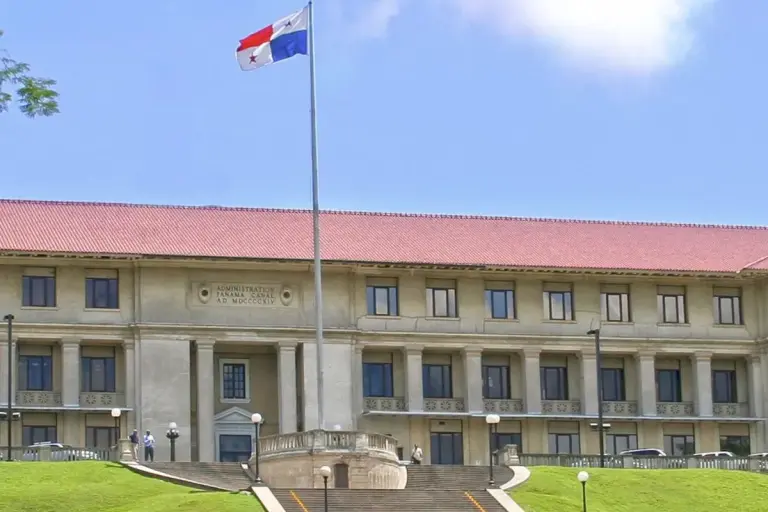The Panama Canal Authority (ACP) has introduced a new fee structure for cancellations within its long-term transit reservation program. These changes, which took effect on November 1, 2025, aim to improve operational efficiency by encouraging shipping lines to cancel slots further in advance. The revised policy provides a financial incentive for early cancellations, allowing the ACP to better manage the coveted transit slots through the vital waterway.
Under the new rules, cancellations made 15 days or more before a vessel’s required arrival date will now incur a charge equal to 80 percent of the awarded slot amount. This new fee is classified under tariff 1050.IBC10. The authority will continue to charge 100 percent of the slot fee for any cancellations made with less than 15 days’ notice, maintaining the current structure under tariff 1050.IBC8.
Customer Feedback Drives Policy Shift
The ACP formally notified its clients of the update in a circular distributed on October 30. Officials stated the adjustment directly responds to suggestions from the canal’s users. The primary goal is to incentivize earlier cancellations. This provides the authority with more lead time to reassign the suddenly available slots to other waiting vessels, smoothing out the operational workflow for everyone involved.
These modifications respond to the suggestions of our clients and seek to encourage early cancellations, which will facilitate the timely rescheduling of transits and greater efficiency in operational planning. [Translated from Spanish]
This strategic move is part of a broader effort to implement innovative strategies focused on enhancing the user experience. Optimizing the management of the Panama Canal remains a top priority for the administration, especially as global shipping patterns continue to evolve.
Transition Period for Existing Reservations
A key detail of the announcement protects current users from immediate changes. Slots that were assigned under the older program, known as LoTSA 1.0, will keep their existing cancellation conditions and fees until the end of their validity period. That period is scheduled to conclude at the end of 2025. This grandfather clause ensures a smooth transition to the new LoTSA 2.0 framework without disrupting pre-arranged contracts.
The updated Long-Term Slot Allocation Program is a critical tool for shipping companies that require predictable transit schedules through the canal. By adjusting the financial penalties for late cancellations, the ACP hopes to create a more fluid and responsive booking system. The change is expected to reduce last-minute scheduling scrambles and improve overall transit reliability for the global maritime community that depends on this essential shortcut.



